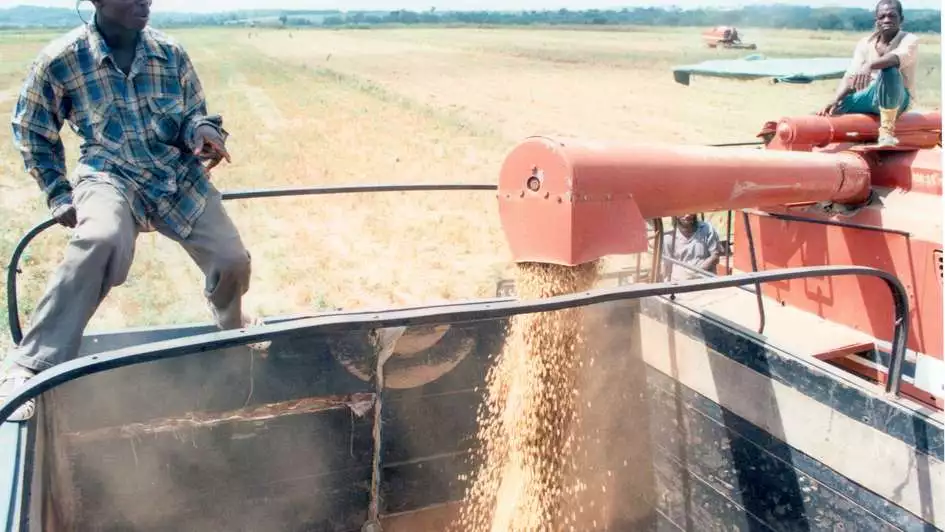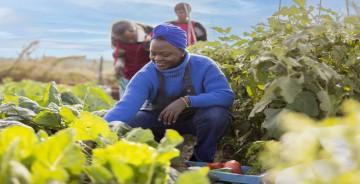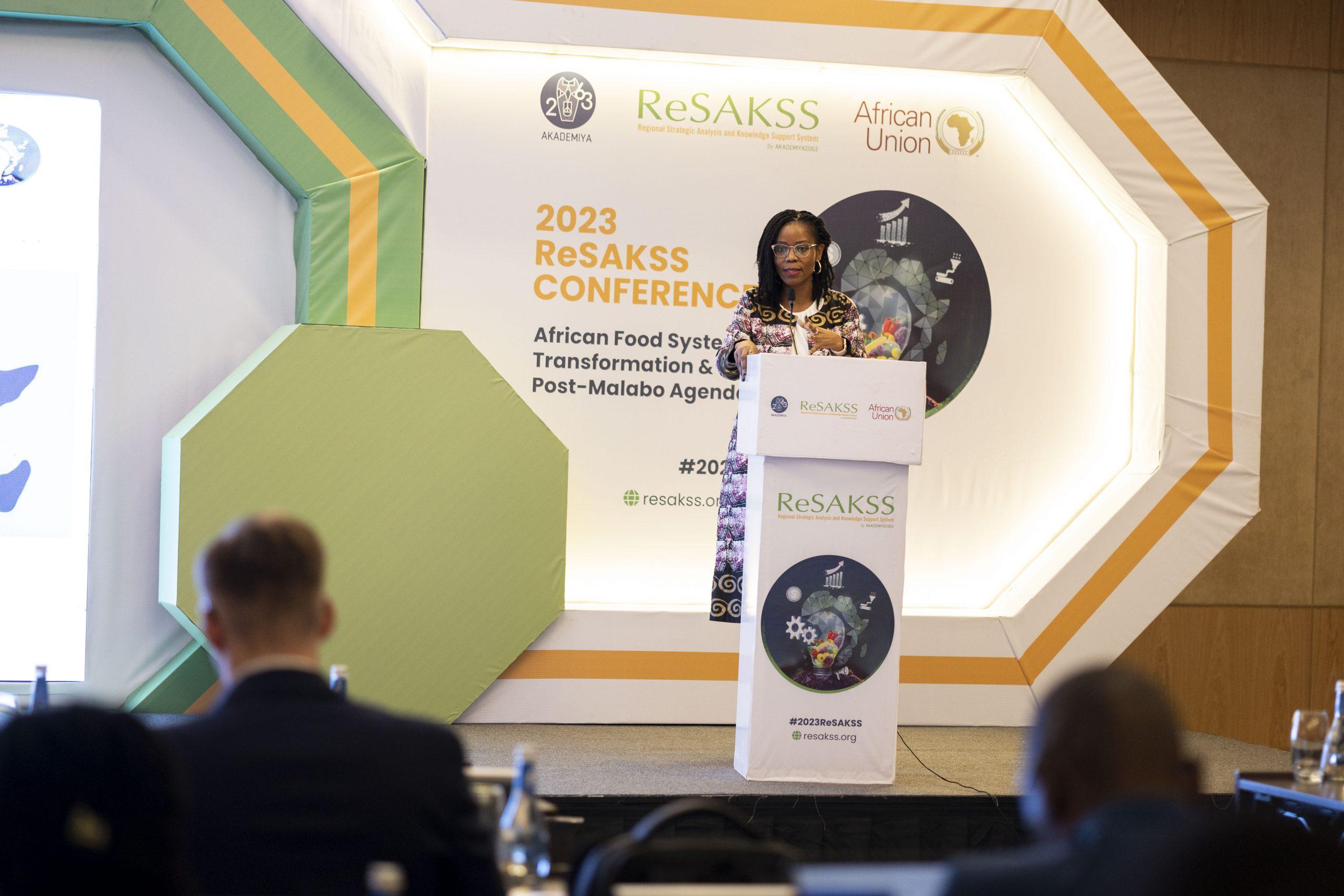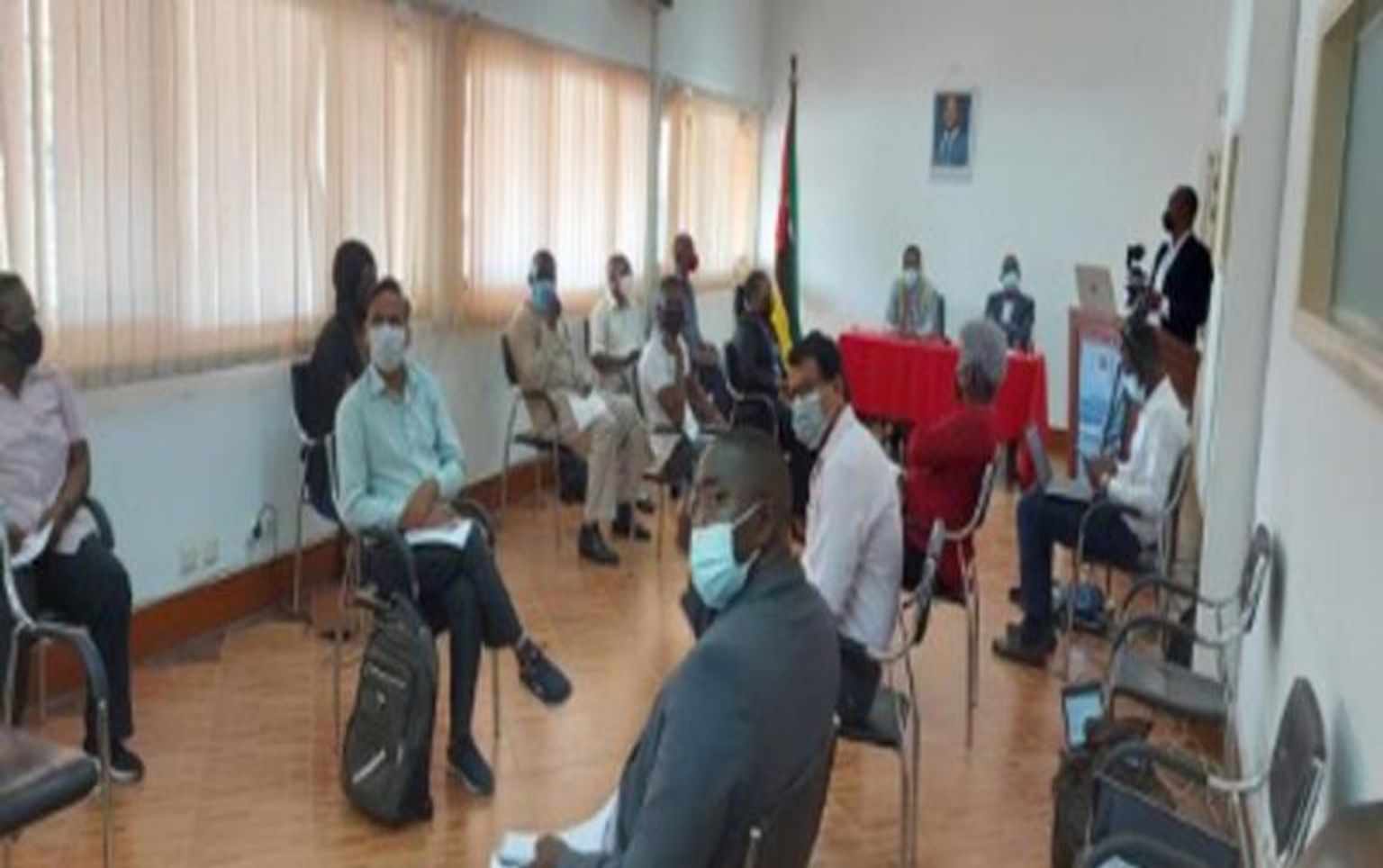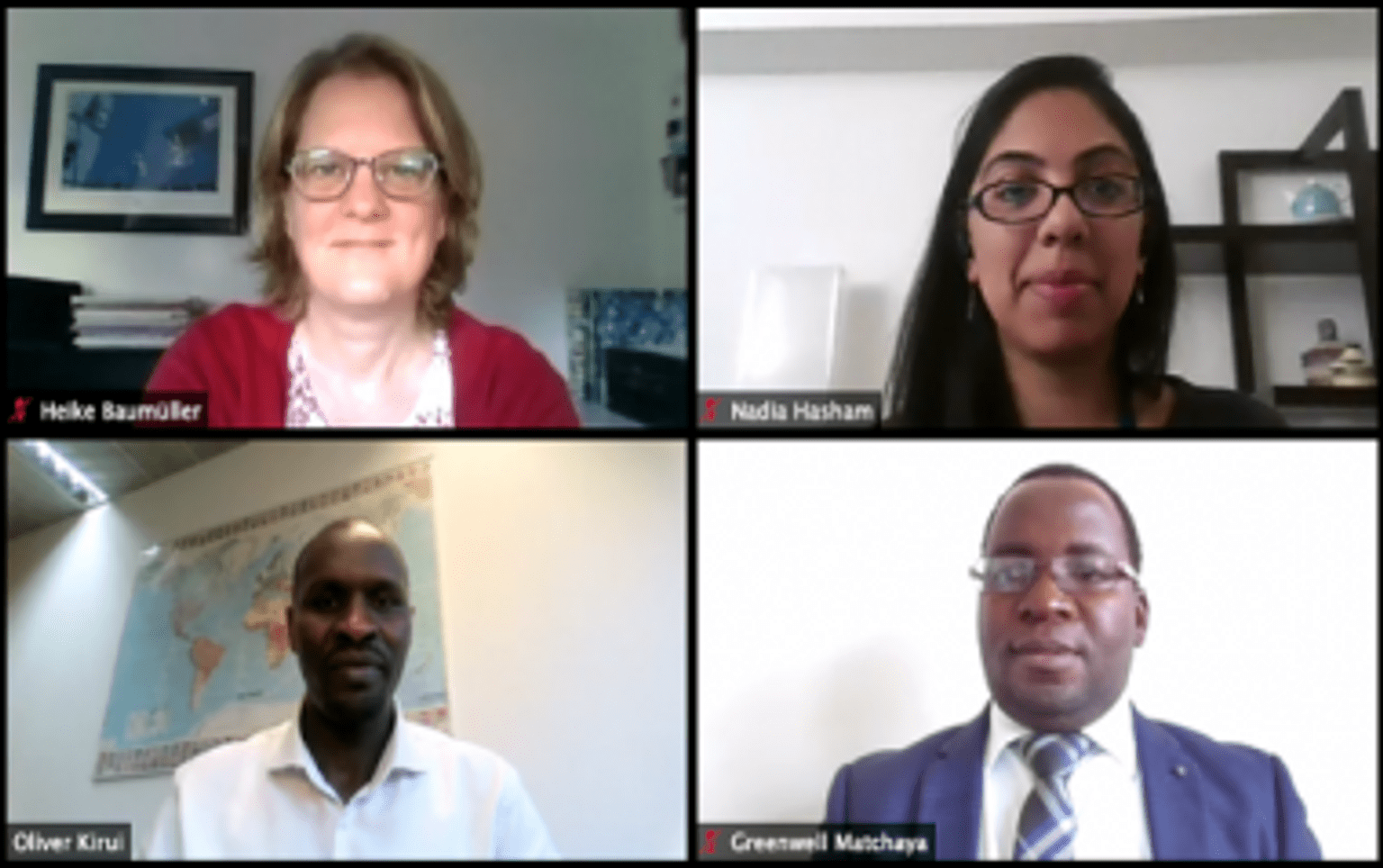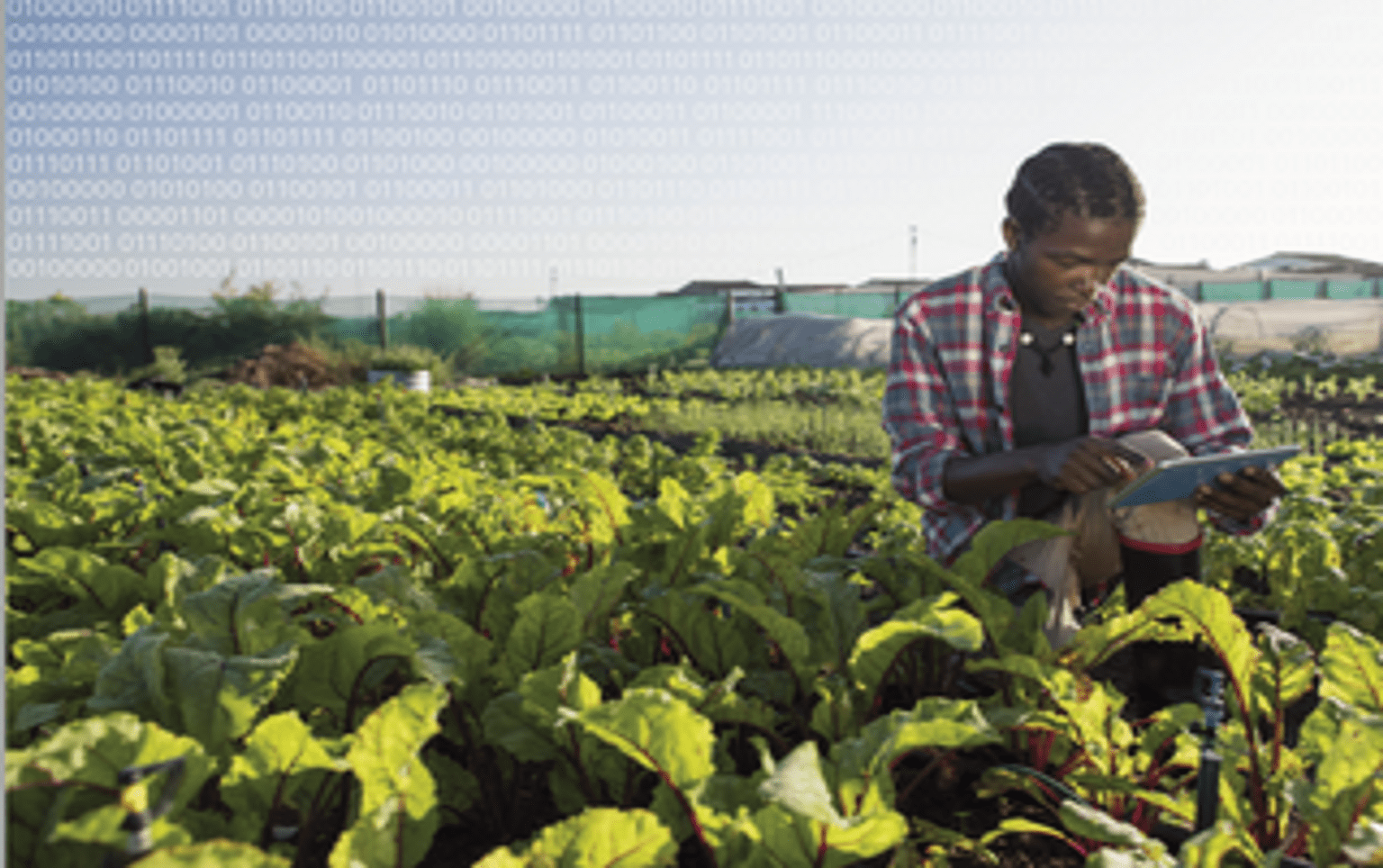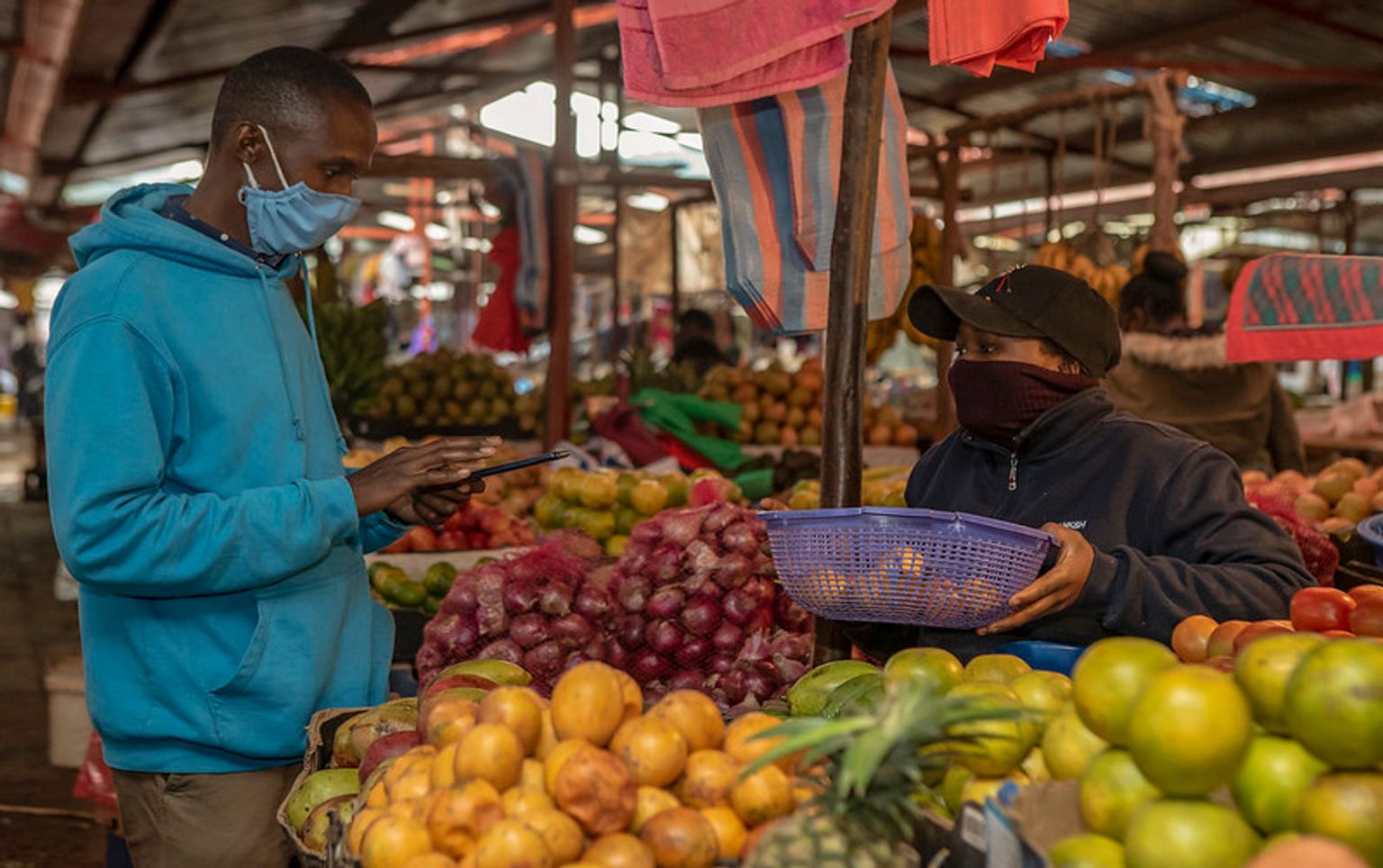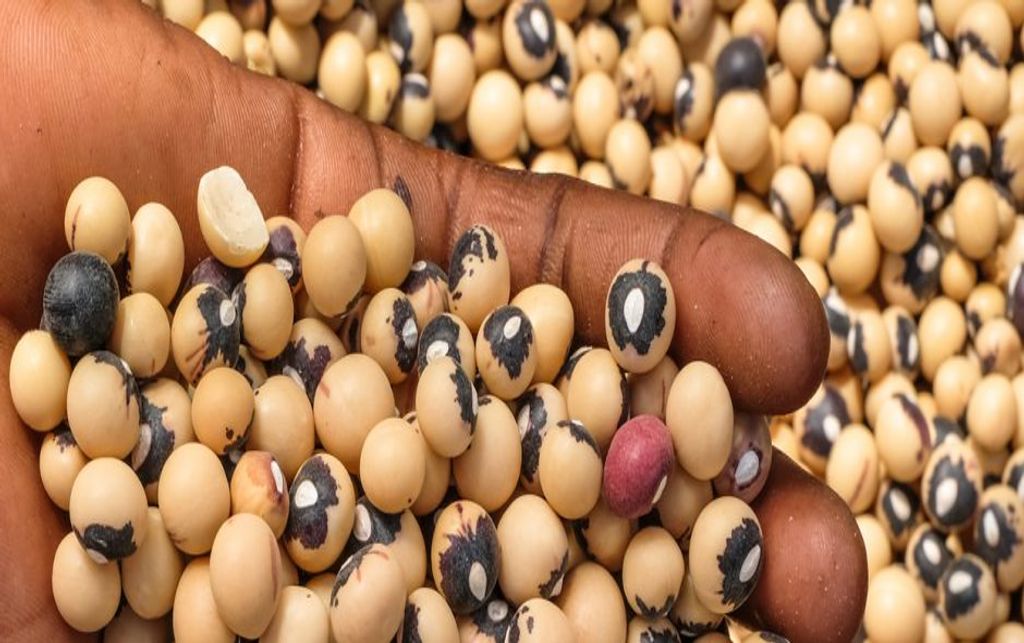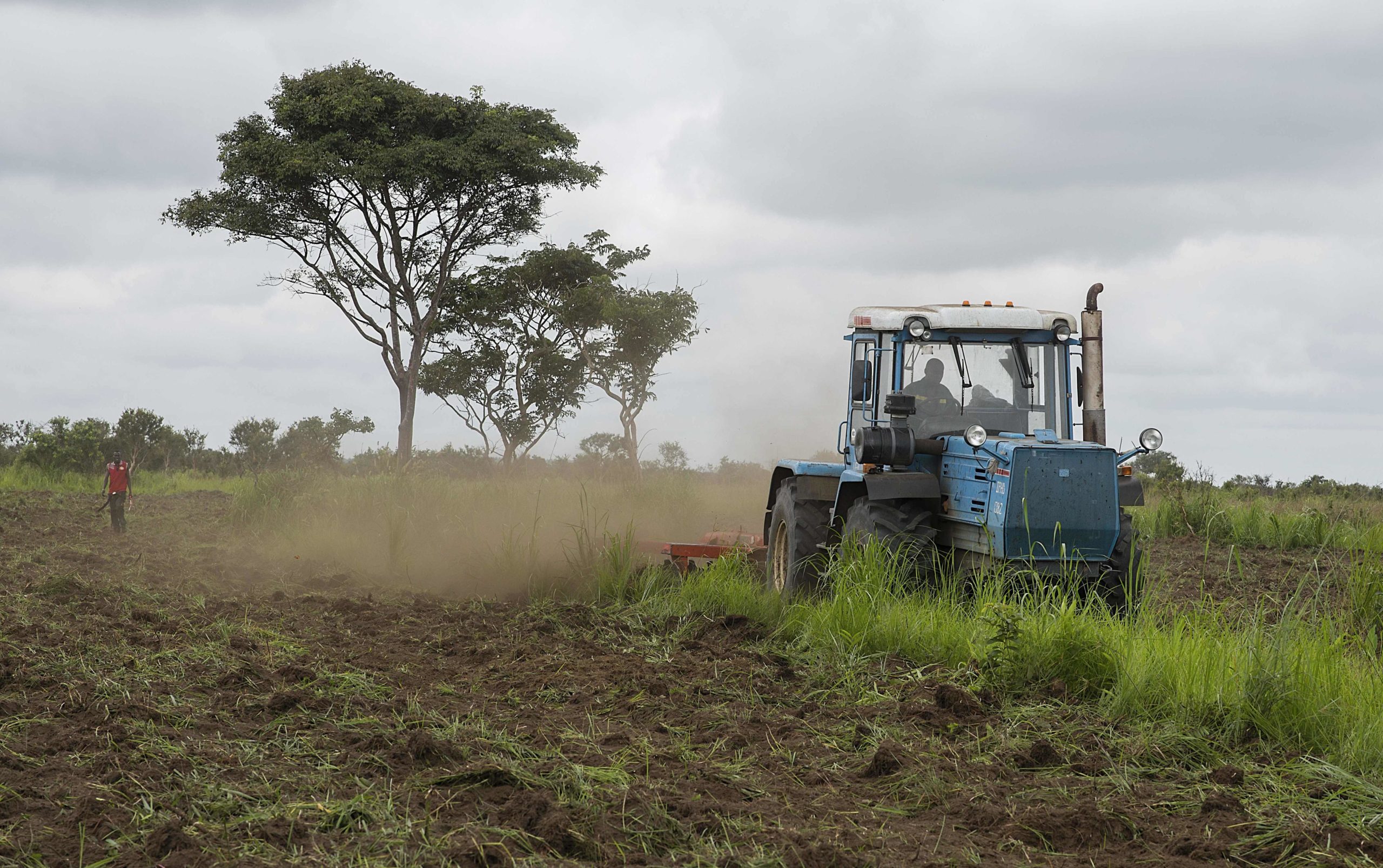How much do African States spend on Agriculture?
The continent is not achieving the goals set ten years ago in Malabo. Nevertheless, there has been growth, albeit on a lower level. New guidelines for public investment in agriculture are required. Harvest in Senegal. Mechanisation in African agriculture stands at about ten percent. 65 percent of labour is performed by humans, about 25 percent by draught animals. © AfDB via Flickr Most African countries have not reached the Malabo target of investing 10 percent of their national budgets in agriculture. But focusing only on the Malabo target disguises the fact that public investment in agriculture has nevertheless risen significantly. To make African agriculture more resilient to shocks and improve food security and agri-food systems, more public and private investment is urgently...
